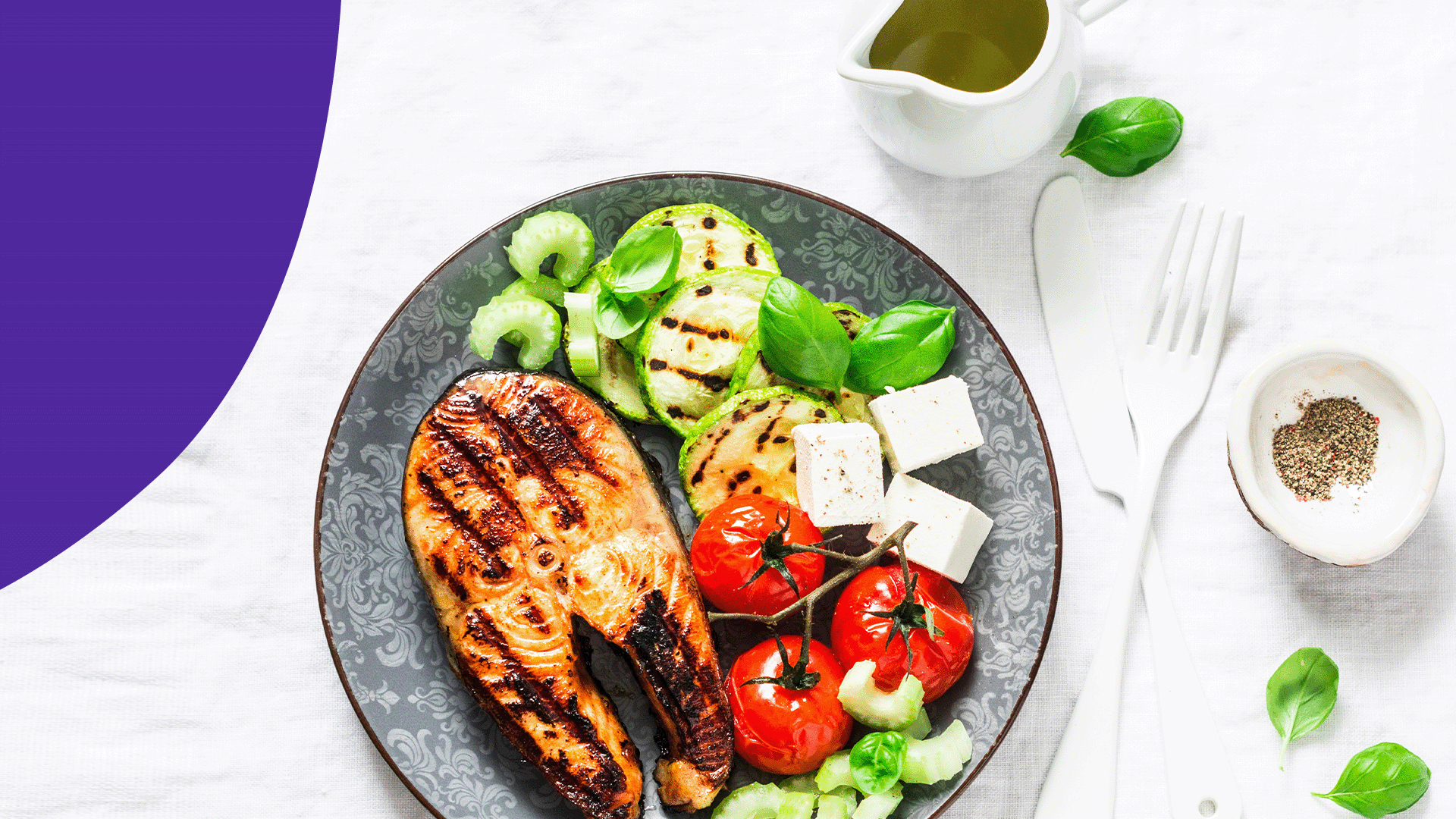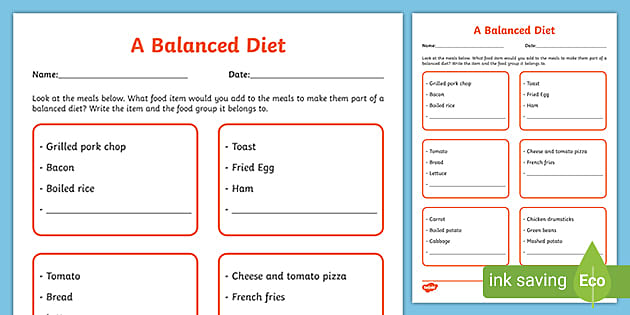
Healthy eating during pregnancy does not mean denying yourself of your favorite foods. Vegetables can be included in your daily meals, depending on what stage you are at. Vegetables can be used in a variety of ways, such as soups, smoothies or sandwiches. Vegetables are available in many colors and provide different vitamins. While fresh fruits and vegetables are the best options, you can also eat canned and dried fruit. Pregnancy is a time when you need to wash your vegetables well before you eat them.
It is best to avoid cold or smoked foods during pregnancy. Instead, you should choose fresh fish or tinned fish that's been steaming hot. Although some countries consider deli meats safe, women should avoid these until after their pregnancy. If you aren't sure what to eat during pregnancy, ask your gynecologist. A doctor should always be consulted before you attempt to substitute a food item.

A baby's growth can be supported by eating proteins-rich foods. A pregnant woman needs extra protein for her growing baby, so consuming more protein-rich foods will help the development of the baby's brain and heart. High-protein foods contain vitamins and fiber that can be beneficial to pregnancy. For instance, you can also include more grains in your diet. These are high in fiber as well folate, B vitamins and iron. Furthermore, they can reduce the risks of hemorrhoids and constipation.
Folate is an important mineral for the development of the foetus. To make your meal even more exciting, you can add frozen vegetables to the mix. Another option is to make your diet more vegetarian, as this is an affordable way to get more protein. This food is also rich in fibre, vitamin A, iron, and vitamin C. These foods are also rich in iron and fiber.
It is great for calcium intake, which is vital for the growth of the baby. You can also get your calcium from other sources, such as dairy. Low-fat milk is a better option for lactose-intolerant people. Low-fat dairy products have a lower level of fat than other dairy products. These foods are full of nutrients that are important for the development of a baby. Make sure you include all the food groups in your decision-making process.

Try to eat high-protein foods. While these foods do contain protein, it is best to avoid red and other red meats. Nuts and whole grains are important in your diet, along with chicken, beef and fish. These foods provide essential nutrients and fiber, which support the development of the baby. Beans and peas make excellent choices for pregnant mothers. They are also high-in iron and B vitamins so they make a great choice.
FAQ
What is a good 7-day workout schedule?
A seven-day exercise plan should include cardiovascular training (running/biking/swimming), strength exercises (using weight machines, free weights) and one flexibility/core program (yoga or Pilates). Each activity should be performed at least once each week. Each session should last no more than 45 minutes.
Cardiovascular Exercises: Swimming, Cycling, Running
It is important to complete at least 60 minutes of cardio per week. Try to do 75 minutes per semaine for the best results. Cardio exercises can help improve blood flow and stimulate muscle growth.
Strength Training
Cardio exercises target the heart, lungs and muscles. Strength training targets the muscles, tendons and bones. Strength training helps you burn calories even while resting.
Flexibility & Core Workouts
Core and flexibility exercises are great ways of strengthening your whole body. Both yoga and Pilates are excellent options.
What is the best way to increase muscle mass?
There are two main things you must do when building muscle mass. These are called compound movements and isolation. While isolation exercises focus on specific muscles, compound moves target multiple muscle groups simultaneously.
Your best option to improve your fitness is to work out with exercises that challenge all your major muscle group. This ensures that your sessions are challenging and you are always working hard.
MyFitnessPal is an app that allows you to track your activities. It allows you log everything, including calories burned and weight lifted. You can also create customized meal plans based upon your goals.
What if I exercise and drink alcohol?
Yes. Alcohol can increase energy expenditure, speed recovery time, and reduce soreness.
Additionally, alcohol can increase insulin sensitivity and make it easier to absorb glucose.
Alcohol can also cause dehydration which can lead to a slower metabolism. Also, alcohol can reduce testosterone production, which may lead to lower muscle-building potential.
Women shouldn't consume alcohol before exercising. Women who drink heavily should wait at least 24 hours between drinking and working out.
It is important that women who are nursing avoid alcohol.
Men should only consume one drink per day.
Statistics
- According to the American Heart Association, blood pressure should be checked at least once every two years, beginning at age 20. (my.clevelandclinic.org)
- By John Thompson Take a whopping 38% off a set of PowerBlock Pros. (menshealth.com)
- Are You One of the 20% of Guys (mh.co.za)
- An estimated calorie range for moderately active adult males falls between 2,200 to 2,800 calories per day, depending on age. (eatright.org)
- 10 pounds in a month is likely during a lean bulking phase, especially for beginners. (muscleandstrength.com)
External Links
How To
What nutrients does a man require daily?
For healthy growth and development, men need to eat a balanced diet. The body requires vitamins, minerals, proteins, carbohydrates, fats, water, fiber, and other essential elements.
Also, the male body requires certain nutrients at specific times during the day. For example, when you sleep, your body uses energy from food to make hormones, antibodies, and enzymes. When you awake, protein is used by your body to build muscles or repair damaged tissue.
Your body stores extra energy as glycogen and breaks down fat at night. Your body has less energy but still requires enough nutrients during this time. You might have an occasional snack during the night if your stomach is feeling hungry.
When you work out, you need adequate levels of carbs and protein to fuel your muscles. After a hard workout, muscle soreness may occur.
To prevent this from happening, you need to consume carbs or protein within two hours. Your body will use stored glycogen to produce glucose for energy.
After your workouts, you should eat protein immediately. This prevents muscle tissue from being broken down while you are sleeping.
Lactic acid is produced by the body during periods of intense exercise. Your body can build up lactic acid in the bloodstream which causes fatigue. To avoid this, you should eat foods rich in carbohydrates, such as fruits and vegetables.
Carbohydrates provide energy for your body to recover after strenuous exercise.
Additionally, lean meats, fish and eggs, dairy products, yogurt, cream, cheese, yogurt and beans can be added to your diet.
All these foods are high-quality sources of protein. Protein is important for muscle growth and repair. It also provides the amino acids your body needs to produce sex hormones and testosterone.
For healthy skin, hair and joints, it is important to eat enough fats. Healthy men should consume between 20% to 35% of their daily caloric intake from fat.
Fat can help keep your heart healthy and protect you from cancer. It keeps your brain healthy and functioning well.
Most of the fat you need can be obtained from vegetable oils, including sunflower oil (or soybean oil), peanut oil, peanut oil, soybean oil, and peanut oil.
These oils are high-in monounsaturated, unsaturated fatty acid (MUFAs). MUFAs are good for lowering cholesterol and reducing inflammation. They protect your cells and prevent damage from free radicals.
Saturated Fats (SFAs), which are mostly found in animal products like meat, butter, and dairy products, include LDL ("bad") cholesterol. SFAs raise LDL ("bad") cholesterol and increase triglycerides. They promote weight gain and abdominal fat.
Polyunsaturated oils (PUFAs), are found in plant-based foods like nuts, seeds and vegetable oils. PUFAs improve cardiovascular function and decrease inflammation. They are also good for controlling blood sugar and cholesterol.
Erectile dysfunction is common in men with low HDL ("good") cholesterol. Consuming high amounts of saturated fats can increase bad cholesterol and lower good cholesterol.
Men who eat a lot of red meat or pork develop prostate problems because they contain large amounts of nitrates. If cooked at high temperatures, the nitrates become nitrosamines. These compounds can cause lung cancer.
Most processed meats contain nitrites or other harmful chemicals. These chemicals should be avoided.
The American Heart Association suggests that no more than two servings per week of red meat should be consumed. Instead, choose poultry, fish, legumes, tofu, whole grain bread, and cereals.